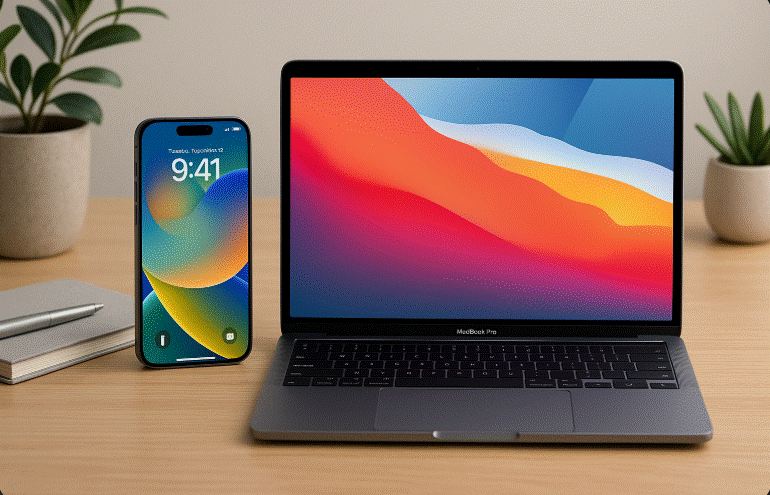BERLIN – For years, Apple has built a reputation not only for sleek design and premium pricing, but for keeping its customers waiting. Waiting for features the competition has had for years. Waiting for “groundbreaking” updates that arrive late, stripped down, or geographically restricted. Waiting for promises — that too often fall flat.
The latest example is Siri’s long-overdue overhaul. Apple first teased a truly intelligent assistant in 1987’s “Knowledge Navigator” concept video. Siri arrived in 2011, but never came close to that vision. Now, in 2026 — yes, fifteen years later — Apple says the upgraded Siri will finally control both Apple apps and popular third-party services like YouTube, Amazon, and WhatsApp. Rollout? Spring 2026 in the U.S. only. The rest of the world: “later.” Apple-speak for “don’t hold your breath.”
Meanwhile, AI rivals like OpenAI and Perplexity have already become everyday tools for iPhone users. If customers already talk to smarter assistants every day, why would they switch back to Siri?
MacBooks: premium price, outdated thinking
While Windows laptops now boast OLED touchscreens, 360-degree convertible designs, and robust biometric security, MacBooks remain stubbornly conservative. No touchscreen. No hybrid tablet mode. No webcam privacy shutter. No Windows compatibility without awkward workarounds.
Even HP’s Envy series offers fingerprint authentication and physical camera covers — small but important features that protect privacy and improve usability. Apple? Still betting that form-over-function will keep the faithful paying.
The real problem: not Tim Cook, but Apple’s customers
It’s easy to blame Tim Cook for the sluggish innovation and half-measures. But the truth is harsher: Apple’s slow pace is enabled by its customers. As long as millions keep upgrading without demanding better, Apple has no incentive to change.
When customers reward delayed rollouts, missing features, and inflated prices with record-breaking sales, stagnation isn’t a bug — it’s a business strategy.
A company at risk of becoming irrelevant
Apple’s marketing machine can stretch the gap between promise and delivery for only so long. The longer it trails competitors in AI, hardware flexibility, and practical features, the greater the risk that its premium brand becomes an overpriced relic.
The cure is simple, but unlikely: Apple fans must stop rewarding mediocrity. Demand innovation. Demand transparency. Demand that $2,000 laptops and $1,200 phones actually lead the industry again — not limp years behind.
Until then, Apple will keep delivering too little, too late — and laughing all the way to the bank. (hz)

